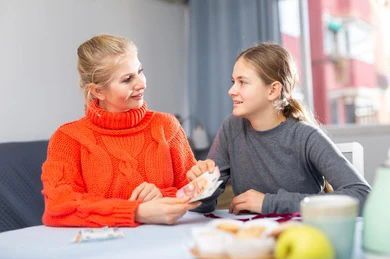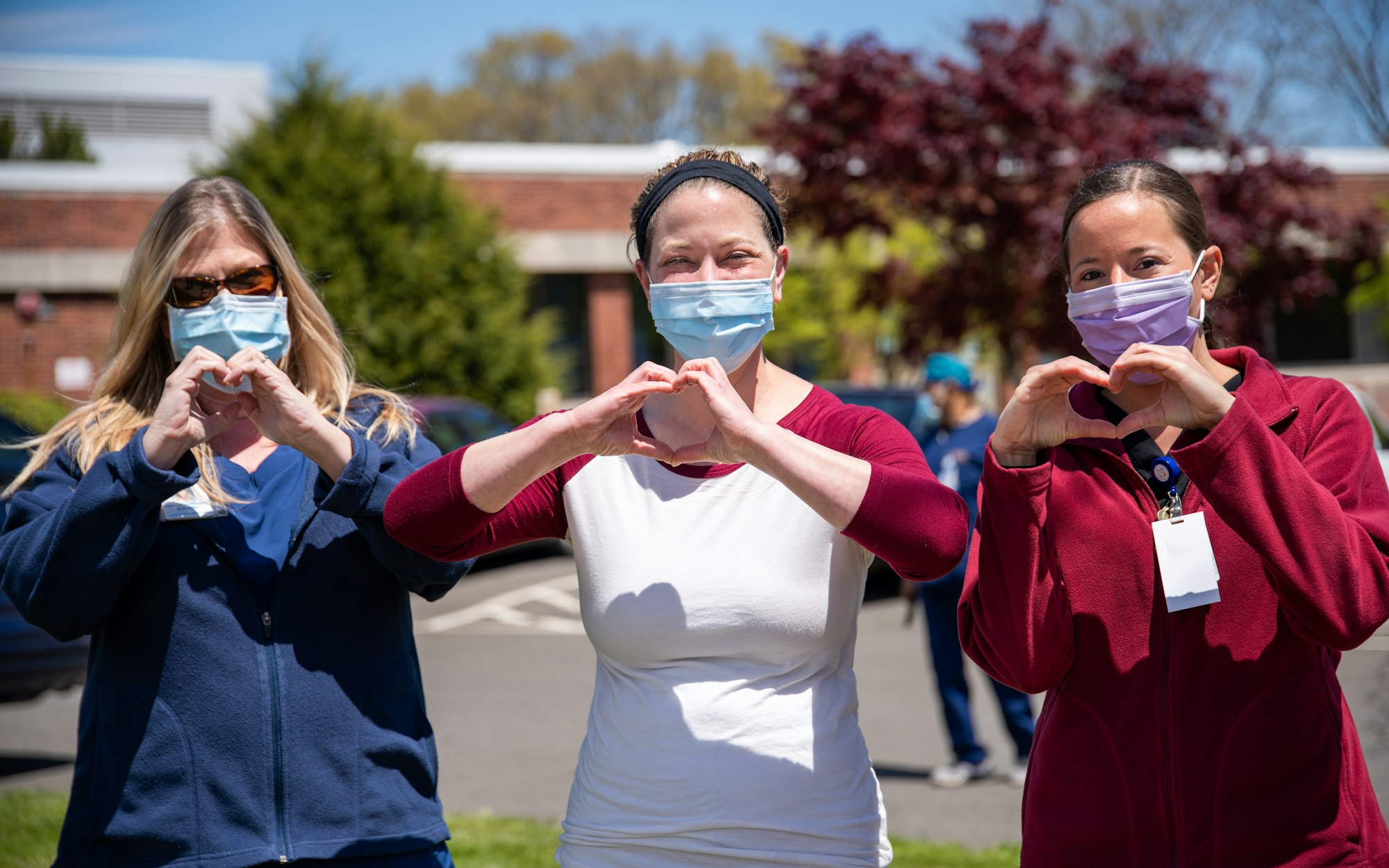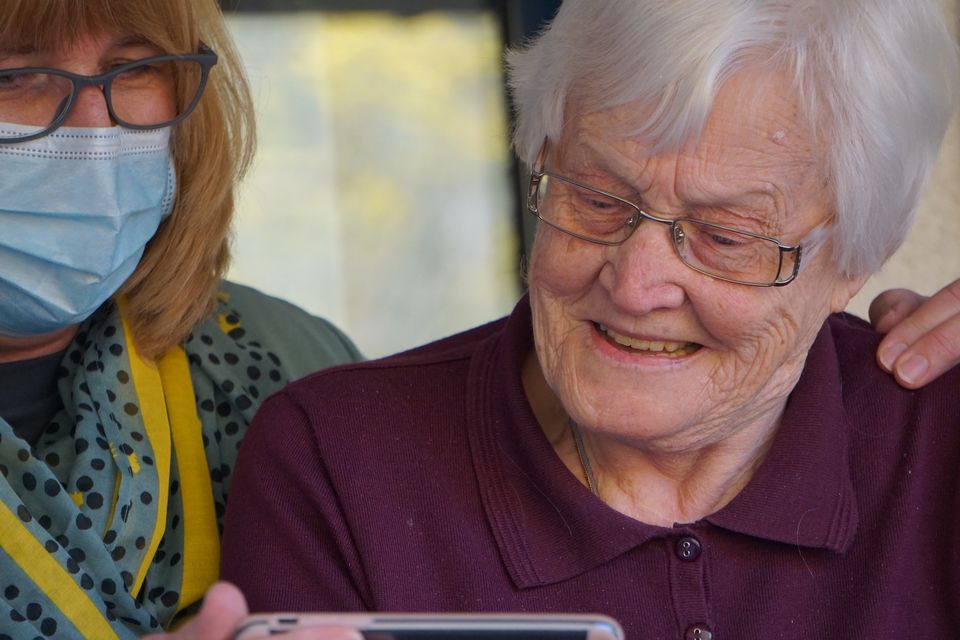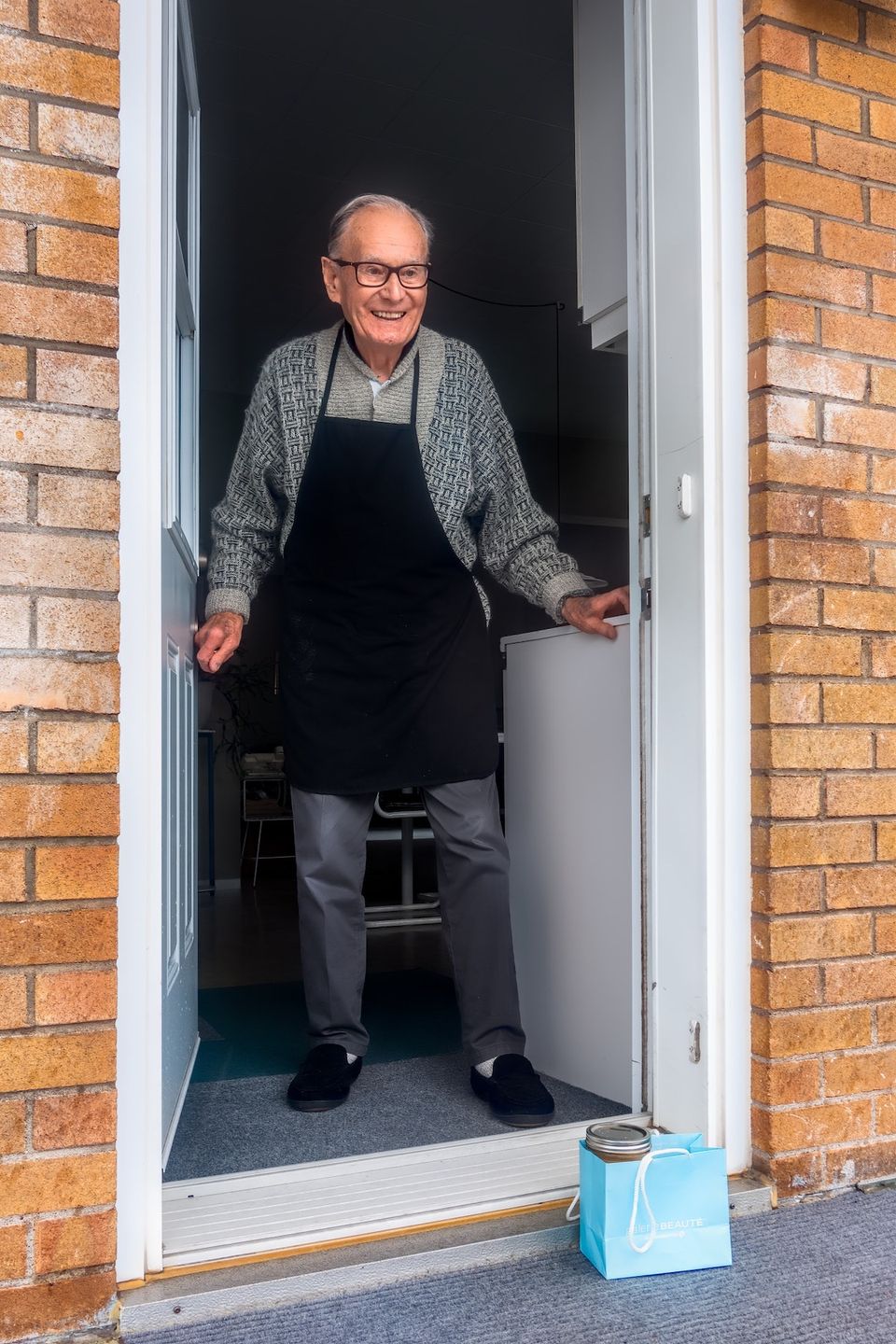How can you continue to look after yourself as a caregiver during COVID-19?

As we find lockdown rules during COVID-19 being relaxed, it is more important than ever for caregivers (whether they are looking after a loved one or employed as a personal care assistant) to continue to protect themselves, both mentally and physically. The list below reminds you of what you must still try and do, to remain safe and well, during the uncertain times we continue to find ourselves in.
Limit contact
COVID-19 virus spreads through respiratory droplets, created when someone talks, coughs or sneezes. So you're always advised to limit contact between people to prevent the spread of the virus. Of course, this is nigh on impossible to do when you're caring for someone and required to be in close proximity of one another. So, where possible, undertake the following:
- Limit your contact and meet-ups to only your nearest and dearest.
- When meeting up, avoid additional or unnecessary physical contact with others (for instance, hugging or passing and / or sharing crockery, food etc) and always maintain a safe social distance - for example, ask to meet in the garden.
- Avoid crowded places and social gatherings, as this will protect you from the risk of exposure to COVID-19.
Avoid having visitors
- Avoid having unnecessary visitors in your home and request that the person you are caring for does the same. After all, any unnecessary exposure they have can put you at risk, just as your own exposure to more people can make you higher risk for the person you're caring for.
- This is particularly important if the person you're caring for is vulnerable and at higher risk of getting severely ill. This may be true of they, for instance, require elderly home care, or if they are living with an underlying condition like heart disease, respiratory problems, or immunocompromised problems.
Use the right PPE
- Wear a mask when you are around other people, at home, and outside your home.
- The cloth face-covering helps you avoid the spread of infections including COVID-19.
- It also helps contain the spread of the virus to others by keeping respiratory droplets contained and preventing them from reaching other people.
- If you are looking after someone, or working alongside someone like a personal care assistant, ask them to wear a mask at all times too. This will protect you from any germs they might have.
- Additionally, while at work, always wear your disposable apron and gloves.
Ensure that your outings and travel are safe
The government has set out very clear guidelines on how to stay alert and protect yourself during this phase of the pandemic. Please follow this advice and make sure others around you are doing so too. For instance, the restaurant you are visiting and the bus you are traveling on should all be respecting social distancing measures, all the time.
All venues publish the safety measures they are complying with, some are even tracking entrants in and out of places like pubs, while others have certificates to demonstrate their compliance. Look out for these and if you are ever unsure, speak to the manager of the establishment and point it out to them if you think something is wrong. Go home if necessary - because the welfare of yourself and the person you are caring for has to take precedence.
Maintain proper hand and respiratory hygiene
Continue to prevent yourself, and the person you are caring for, from getting sick, by incorporating good hand and respiratory hygiene, into your daily routines, including:
- Cleaning your hands often: Washing with soap and water for at least 20
seconds is still important. Ask everyone in your home to do the same, all the time, especially after they have been outdoors. - Hand sanitiser: Use an alcohol-based hand sanitiser to clean your hands but not when your hands are visibly dirty.
- Hands off: Avoid touching your eyes, nose, and mouth with unwashed hands.
- Cough right: Cough and sneeze into the inside of your bent elbow or into a tissue which can be disposed of immediately, and wash your hands immediately afterwards.
Around the house
Try to clean and disinfect surfaces and items that are touched a lot everyday - both in your own home and in the home of the person you are caring for. This includes your main gate, door handles, the doorbell, light switches, desks, toilets, and electronics.
Continue to do the things you love
Looking after your mental health is very important. A strong mind will help build your resilience to the problems around you, including the pandemic which has changed our current way of living.
So continue to make time to do the things that give you joy - even if only for a few minutes everyday, or even if just once a week. The only difference is that you may need to do your favourite things in a different way.
- Draw strength from friends and family by staying connected to them remotely. Try to make time for this everyday, even if it's only in short bursts.
- Also, if you can find the time, indulge in your favourite hobbies, even if only once a week, like reading, painting, or planting.
- Exercise, with a walk outside, by using an exercise app on your phone, or with a free subscription to a YouTube channel you like.
- These things will keep you fresh and positive; and you will continue to be someone others (including the person you are looking after) want to be around.
Track your health
Caregivers and people who are in close contact should keep a regular check on their health for COVID-19 symptoms. Daily monitoring enables us to notice any changes early so that preventive measures can be undertaken if necessary.
Taking your temperature and sharing it with the person you are caring for - before going to their house - will help put them, and those they live with, to be at ease. Similarly, you can request that they share their temperature with you before the start of your shift.
You can also help contribute to current scientific studies to help form a clearer picture of COVID-19. One such tracker that is working hard to help slow the spread of COVID-19 by identifying at-risk cases sooner via self-reported daily symptoms (whether you feel well or unwell) is the COVID Symptom Study, which can be downloaded at https://covid.joinzoe.com/.
In conclusion, everything you are doing as a caregiver, is amazing and making a vital difference to someone's independence, but it brings with it much responsibility. So, it is vital that you continue to look after your physical and mental wellbeing during the times that lie ahead.
If you are looking for more work as a PA, sign up today at UKCIL. If you are a one of the many private carers in the UK, responsible for looking after a loved one, and would like the support of a personal care assistant - be it temporarily or for the longer term, talk to us at UKCIL - we can put you in touch with someone local, quickly and safely.




